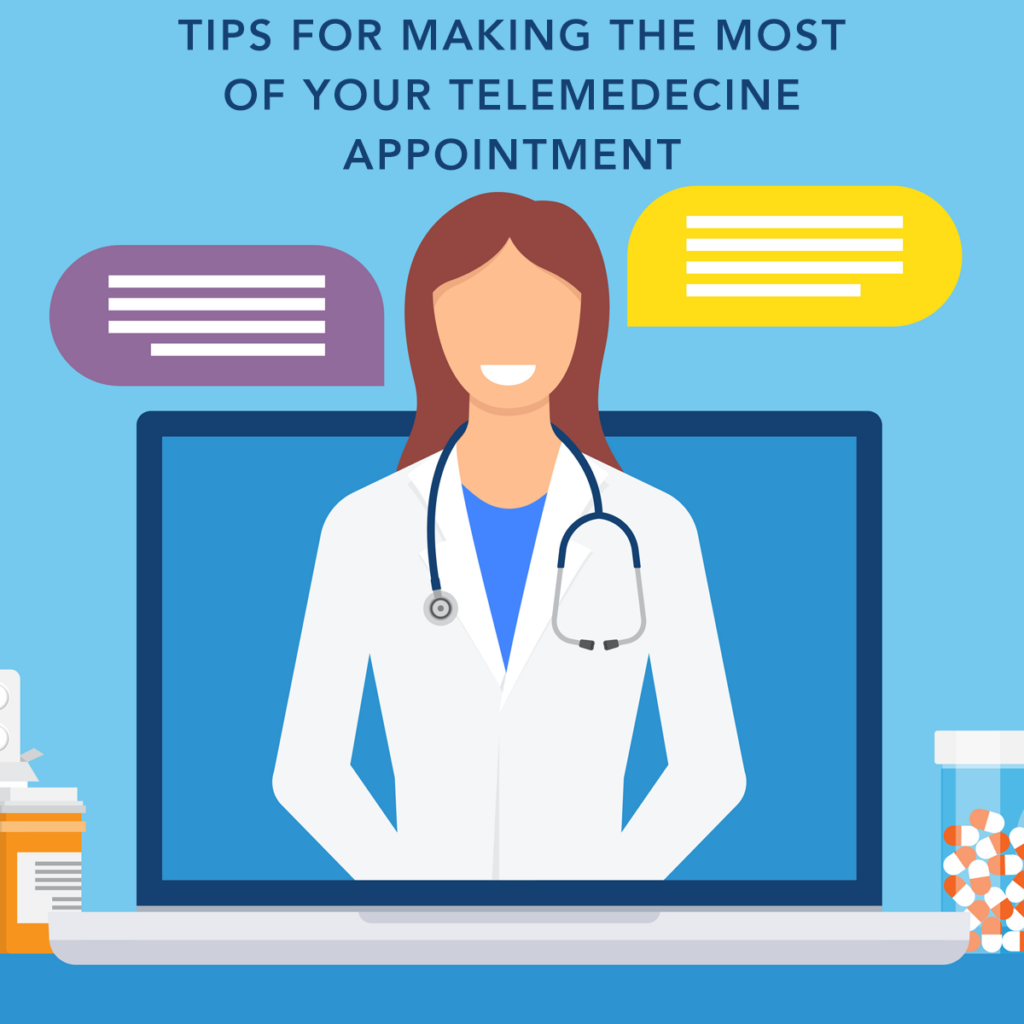In the last few weeks, we have adapted to so many changes — from working at home to schooling our kids to strategic planning of grocery store trips. Many of us have also experienced the evolving frontier of telemedicine appointments. Telemedicine may open some new doors for patients with rare medical conditions to access specialists that geographically may have been impossible to see through traditional in-person appointments. That would be an exciting development to come of this current crisis.
But if this is your first telemedicine visit, how do you the most of the appointment? We asked Dr. Craig Alter, a neuroendocrinologist at Children’s Hospital of Philadelphia, for his insights on how patients and doctors to work together to make endocrinology telemedicine appointments productive and successful.
Understanding That This is All New
There can be technology issues like sound problems, dropped calls, freeze frames, etc. Patience is important while both doctors and patients learn to navigate these systems. Many doctors are just learning how to conduct telemedicine visits through trainings as they are concurrently practicing through this platform.
Getting Prepared
Dr. Alter says one advantage of video visits is that you can have all the medication names and amounts in hand just in case the doctor or nurse practitioner asks a specific question. Also taking you or your child’s weight prior to the visit along with a height, if possible, helps with evaluating growth. There are apps that can help you measure height by a photo, take a resting heart rate, even check blood pressure. If you are logging sodium, ins and outs and daily body weights, have your logs available for reference.
What Can Be Discussed Effectively
Even if a video call doesn’t accurately allow for determining precise markers like growth rate, things like recent lab results, bone age X-rays, MRIs and information from other consult appointments like neuro oncology can be reviewed through telemedicine. Side effects of therapies can be discussed along with prescription renewals. If you are coming across medication shortages, Dr. Alter advises to let the doctor know of these shortages.
It would also be a good time to re-evaluate your emergency care plan with the treating doctor so that, should a hospitalization be required during this pandemic, you have clear instructions for the ED team to follow.
Next Steps
There are a lot of questions of what the coming weeks will bring. Ask the doctor when next labs should be done and if waiting a few months makes sense. When should you schedule a follow-up appointment? Does this appointment take place of a routine in-person visit or is it just a temporary evaluation until in-person appointments become available? For convenience, Dr. Alter recommends making your next appointment at the conclusion of the video appointment to save time later for both you and the scheduling department.
Conclusion
We hope this helps you better prepare for your next virtual doctor’s visit. While telemedicine visits may never fully replace the face-to-face experience, it at least allows continued card under these tough circumstances. We hope it opens doors to more opportunities in treatments of patients with complex issues from hypothalamic brain tumors.


